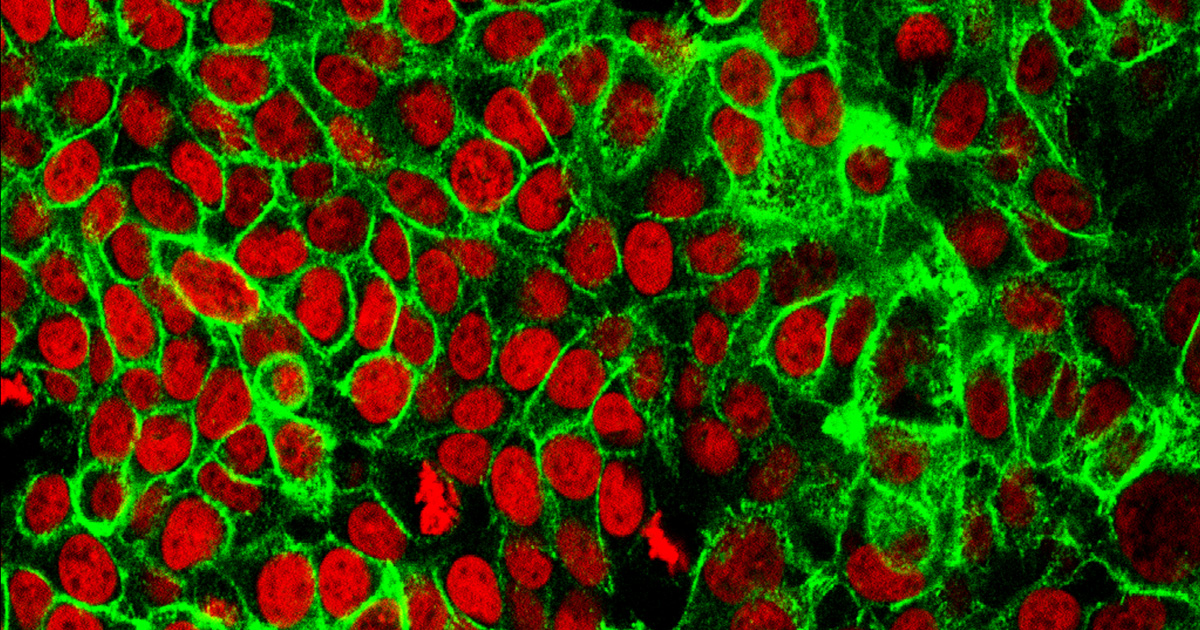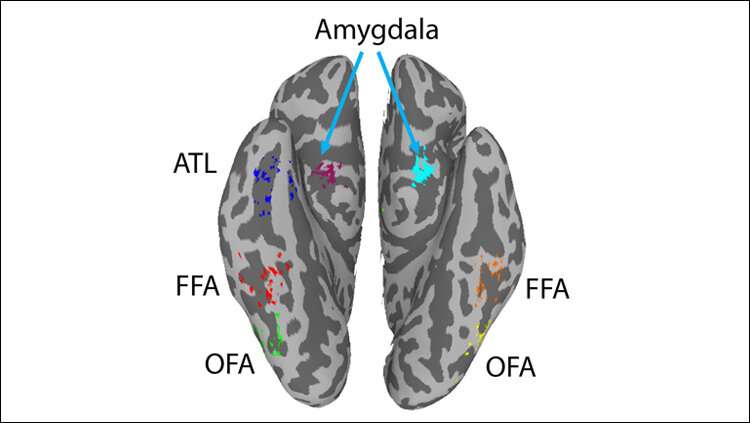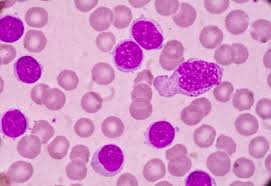Time from presentation to treatment did not affect survival among adults aged younger than 50 years with colorectal cancer, according to study results published in JAMA Network Open.
The findings from the retrospective cohort study conducted in Canada suggest strategies to reduce the time between disease presentation and treatment may not lead to better outcomes at a population level, researchers concluded.
Background and methodology
Colorectal cancer incidence among adults aged younger than 50 years is increasing worldwide.
However, several factors — including lack of screening and the potential that physicians may not suspect symptoms among younger individuals are due to colorectal cancer — can result in treatment delays. This, in turn, may lead to advanced stage at diagnosis and poor outcomes.
Matthew Castelo, MD, general surgery resident in the department of surgery at University of Toronto, and colleagues used linked population-based data from Ontario, Canada, to explore a potential association between time from presentation to treatment and survival among younger adults with colorectal cancer.
The analysis included 5,026 patients (median age, 44 years; 52% male) aged 50 years or younger diagnosed with colorectal cancer between 2007 and 2018. One-quarter (25.2%) had metastatic disease and nearly one-third (31.2%) had rectal cancer.
Results
Castelo and colleagues calculated a median 108-day interval (interquartile range, 55-214) between presentation and treatment initiation, with a shorter median interval among those with metastatic disease (83 days; interquartile range, 39-183).
Researchers reported 5-year OS of 69.8% (95% CI, 68.4-71.1) in the entire cohort. Younger patients with shorter intervals (< 108 days) between presentation and treatment achieved poorer OS and cause-specific survival than those with longer intervals.
Adjusted Cox models showed those with intervals longer than 18 weeks fared no worse than those with 12- to 18-week intervals with regard to OS (HR = 0.83; 95% CI, 0.67-1.03) or cause-specific survival (HR = 0.9; 95% CI, 0.69-1.18).
Implications and next steps
“Our results suggest time to treatment is closely tied to disease stage at presentation and subsequent triage by physicians, and efforts to shorten this interval further are unlikely to result in meaningful improvements in survival for younger patients with [colorectal cancer] at the population level,” Castelo and colleagues wrote. “Additionally, interventions for post-presentation delays specific to younger adults would be indicated if there was strong evidence they experienced longer times to treatment compared with older adults.”
Evidence in the literature is mixed with regard to delay and survival among older patients with colorectal cancer, according to Castelo and colleagues. However, in two systematic reviews comprised primarily of older patients, four of 26 studies showed improved survival among those with longer delays, whereas two studies showed poorer survival.
“If the associations between delay and survival were unique for younger adults, this would be potentially actionable,” Castelo and colleagues wrote. “Patients — younger and older — with longer intervals may be more likely to have more indolent disease, explaining the improved outcomes seen in some studies.”




